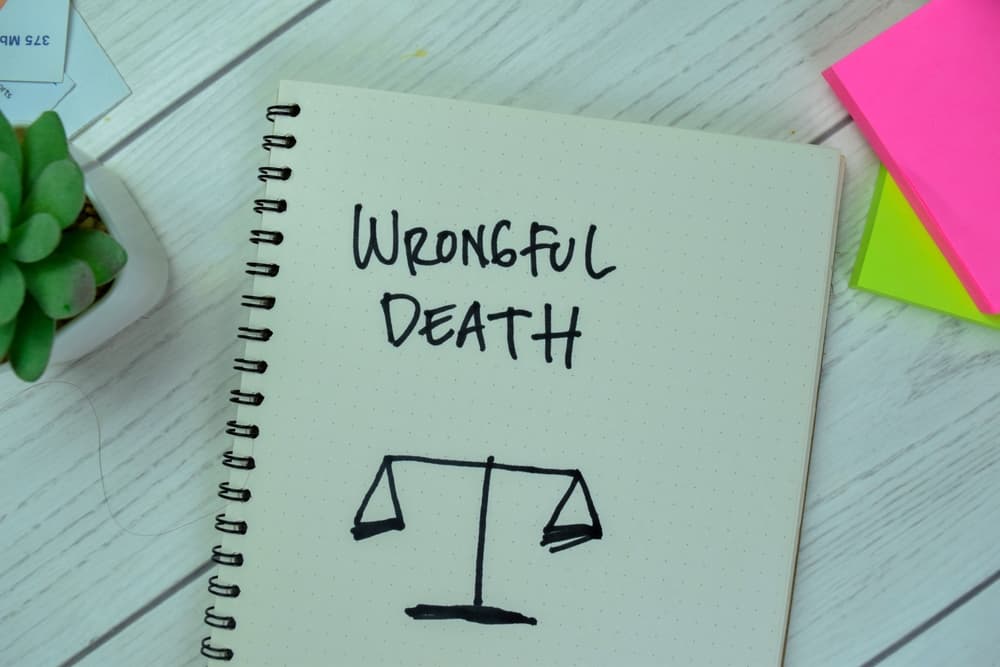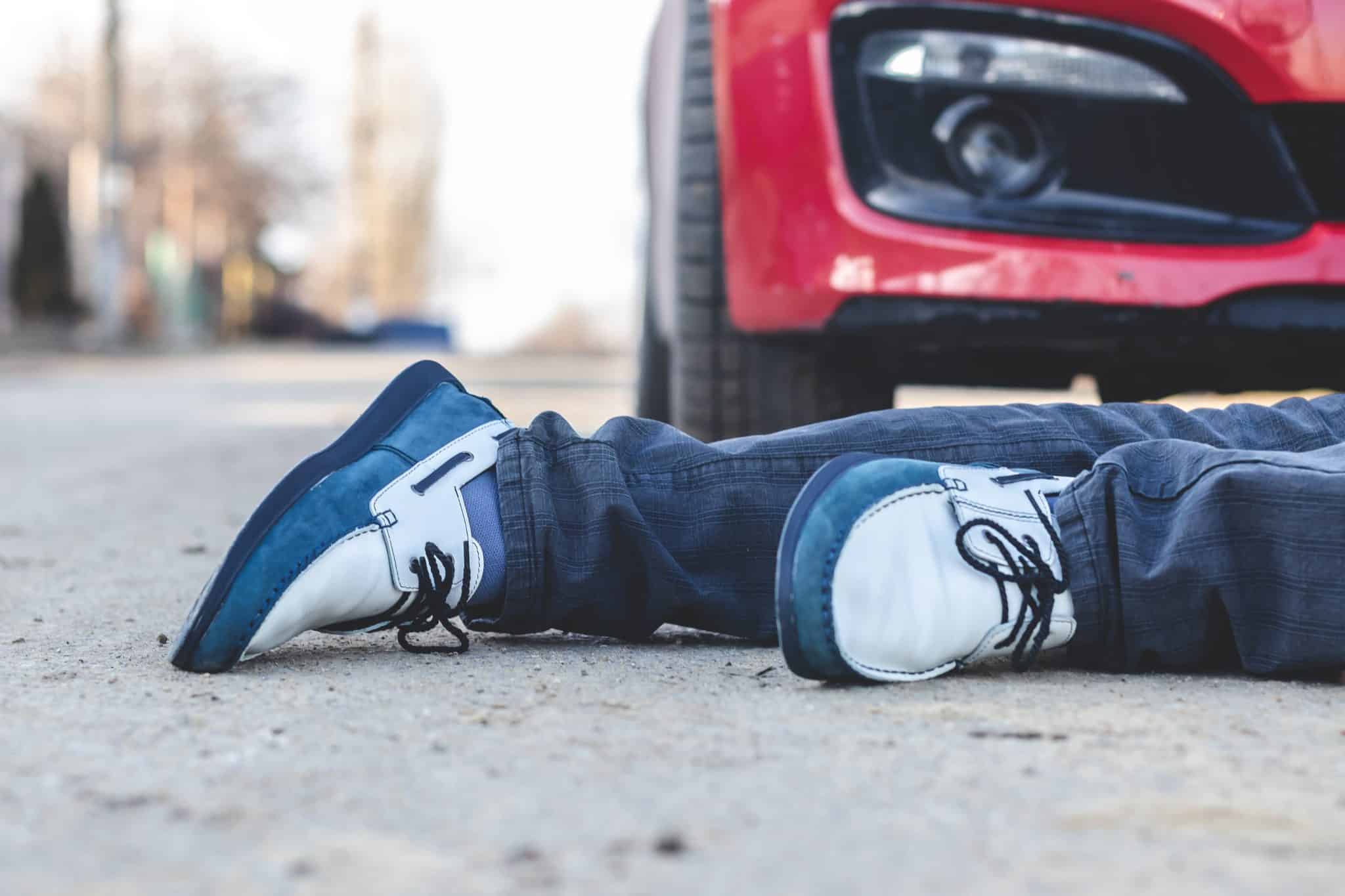
The unexpected loss of a loved one is one of the most painful experiences anyone endures. When someone else’s careless or reckless actions cause that loss, the grief mixes with anger, confusion, and a profound sense of unfairness.
No one should cope with the devastating reality of losing a family member due to preventable circumstances. Wrongful death laws help families find justice in the face of tragedy.
Wrongful death cases happen more often than many realize. A distracted driver causing a fatal car accident, a patient losing their life after receiving improper medical care, or a worker fatally injured on an unsafe job site—each of these tragedies could have been avoided.
If you’ve lost a loved one due to negligence, a wrongful death lawyer can help you seek justice and fair compensation, providing compassionate support throughout.
What Constitutes a Wrongful Death?
A wrongful death occurs when a person loses their life due to the negligent or intentional actions of another party. These tragic cases share the preventable nature of the death.
Unlike unforeseeable accidents, wrongful death cases involve avoidable actions had the responsible party exercised reasonable care or followed proper procedures.
At the core of a wrongful death claim lies the concept of negligence. This means that someone owed a duty of care to the deceased, failed to fulfill that duty, and directly caused the death.
For example, a driver on the road is responsible for following traffic laws and avoiding distractions. If that driver chooses to text behind the wheel and causes a fatal accident, their negligence directly leads to the wrongful death of the victim.
Similarly, doctors and medical staff must provide a standard level of care.
If a patient dies due to a misdiagnosis or improper treatment, the medical professional’s failure to meet that standard of care forms the basis of a wrongful death claim.
Not all wrongful deaths result from carelessness—some are deliberate actions like assault or even murder. In these situations, families may pursue justice in two ways: through the criminal court system, where the accused faces charges, and by filing a separate wrongful death lawsuit to seek compensation for their loss.
While criminal trials focus on punishment, a wrongful death claim allows families to hold the responsible party financially accountable for the harm caused.
Rather than offering closure, these legal actions provide families with a sense of justice and accountability. It’s not about erasing the pain but about ensuring that those responsible for the tragedy face the consequences of their actions.
Common Causes of Wrongful Death
Car Accidents
Motor vehicle crashes remain one of the leading causes of wrongful death claims, including distracted and drunk drivers, speeding recklessly, and failure to follow traffic laws and drive safely.
A fatal crash caused by a driver’s poor decisions often leaves families with a deep sense of injustice, knowing their loved one’s life was cut short by an entirely preventable act.
Medical Malpractice
Patients rely on doctors, nurses, and medical professionals for proper care. Tragic results occur when they break that trust through misdiagnosis, surgical errors, or failure to treat a condition appropriately.
Wrongful death claims in these cases focus on the medical professional’s failure to meet the accepted standard of care, directly causing a preventable death.
Workplace Accidents
Specific industries, like construction and manufacturing, pose inherent dangers, but employers are responsible for creating safe working environments and following safety regulations.
When employers fail to provide proper safety measures, equipment, or training, the result can be a fatal workplace accident.
Defective Products
Manufacturers must ensure that their products are safe for consumer use. When they design or produce a product that causes harm, it sometimes results in a fatal injury.
These types of wrongful death claims often arise from faulty auto parts, dangerous household products, or even defective medical devices that cause harm instead of healing.
Criminal Acts
In some cases, wrongful deaths result from intentional harm, such as physical assault or homicide. While the victim’s family may pursue criminal charges in these situations, a wrongful death lawsuit is also to seek compensation.
Families facing these tragedies often turn to wrongful death claims as a way to hold those responsible accountable for their actions or negligence.
Who Can File a Wrongful Death Lawsuit?
Filing a wrongful death lawsuit begins with determining who has the legal right to bring the claim.
Laws governing this vary from state to state, but generally, the individuals closest to the deceased can file. This ensures that the people affected by the loss can seek justice and compensation.
In most cases, the spouse of the deceased is the first in line to file a wrongful death claim. Losing a partner means not only emotional devastation but also a significant financial burden, especially if the deceased was the primary breadwinner.
Children, too, may file, mainly when a parent’s death leaves them without financial and emotional support.
If the deceased didn’t leave behind a spouse or children, other close relatives may file. Parents can pursue a claim when they lose a child, particularly in cases where the child still depends on them.
Although not always eligible, siblingsmay file if no immediate family members are available.
Representatives of the estate may file on behalf of the deceased to recover damages that will benefit the estate, helping cover costs such as medical bills, funeral expenses, and the financial impact of the death.
Consult a personal injury attorney to understand your state’s specific rules governing wrongful death claims, as the eligibility requirements differ.
What Damages Are Recoverable in a Wrongful Death Case?
When a loved one dies due to someone else’s negligence or wrongdoing, families not only suffer emotionally but also face a range of financial challenges.
A wrongful death lawsuit allows them to seek compensation for the losses they’ve endured as a result of the death. These recoverable damages fall into several key categories, all aimed at addressing the financial and emotional impact of the tragedy.
Economic Damages
Economic damages are the measurable financial losses that result from the wrongful death. These include medical bills incurred before the person passed away, funeral and burial expenses, and lost income that the deceased would have provided if they had lived.
For families who relied on their loved one’s income, this loss is devastating, especially if the deceased was the primary financial provider.
In some cases, economic damages cover the loss of future earnings, allowing the family to recover what the individual would have earned over their lifetime.
Non-Economic Damages
While you calculate economic losses with receipts and projections, non-economic damages address the emotional and psychological suffering the family experiences.
These damages compensate for the pain and suffering caused by losing a loved one, the loss of companionship and guidance, and the emotional toll of the death.
Though non-economic damages are more complex to quantify, they are a significant part of wrongful death claims because they reflect the irreplaceable void left in the family’s life.
Punitive Damages
In cases where the death resulted from particularly reckless or intentional conduct, the court may award punitive damages.
Unlike economic and non-economic damages, which aim to compensate the family, punitive damages punish the responsible party for their actions.
Pursuing these damages allows families to secure the financial support they need to move forward and ensure that the responsible party is held accountable for their actions.
Proving a Wrongful Death Claim
To succeed in a wrongful death claim, the family must prove several elements that establish the responsible party’s negligence or wrongful actions.
The legal process requires clear evidence that the death was not merely accidental but preventable and that someone else’s failure to act responsibly directly caused the loss of life.
Duty of Care
The first step is proving that the defendant owed the deceased a duty of care. Establishing this duty is the foundation of any wrongful death claim.
It means showing that the responsible party needed to ensure the deceased’s safety and well-being.
For instance, drivers must follow traffic laws and avoid distractions to keep others on the road safe. Similarly, doctors must provide their patients with an accepted standard of medical care.
Breach of Duty
Once your lawyer establishes the duty of care, the next step is demonstrating that the defendant breached that duty. In a car accident case, this could mean the driver broke the speed limit, drove under the influence, or texted while driving, all failures to act responsibly.
A medical malpractice case could mean the doctor misdiagnosed a condition or failed to provide timely treatment. The breach of duty shows that the responsible party failed to fulfill their obligation, directly leading to harm.
Causation
After establishing the breach of duty, the family must prove that this failure caused the wrongful death. In legal terms, this is causation. The family must show that if it weren’t for the defendant’s negligence, the death would not have occurred.
For example, if a driver had obeyed traffic laws, the fatal accident wouldn’t have occurred. This step links negligent actions directly to the loss of life.
Damages
Finally, the family must show that the death resulted in actual damages, both economic and non-economic. These include medical bills, funeral expenses, lost income, and the emotional suffering of the surviving family members.
Without proof of damages, even if negligence exists, there is no basis for a wrongful death claim.
Proving these elements requires thorough investigation and strong evidence.
Expert witnesses—such as accident reconstruction specialists, medical professionals, or forensic experts—can provide valuable testimony to help clarify how the negligence occurred and how it led to the death.
Building a solid case hinges on this expert input, alongside the collection of documents, witness statements, and other critical evidence.
Proving these elements helps families hold the responsible party accountable and seek justice for their loss.
Losing someone to a wrongful death is a life-altering experience that no family should have to endure. The pain, anger, and confusion that follow such a preventable loss can feel overwhelming.
While no legal action can bring back a loved one, wrongful death claims provide a pathway toward accountability and justice. They offer families a way to address the emotional and financial burdens left in the wake of a tragedy, ensuring that those responsible face the consequences of their actions.
Proving a wrongful death claim requires a strong case built on clear evidence, but with the right legal support, families can find some measure of peace.
The pursuit of accountability isn’t just about closure—it’s about ensuring this kind of tragedy doesn’t happen to another family.



